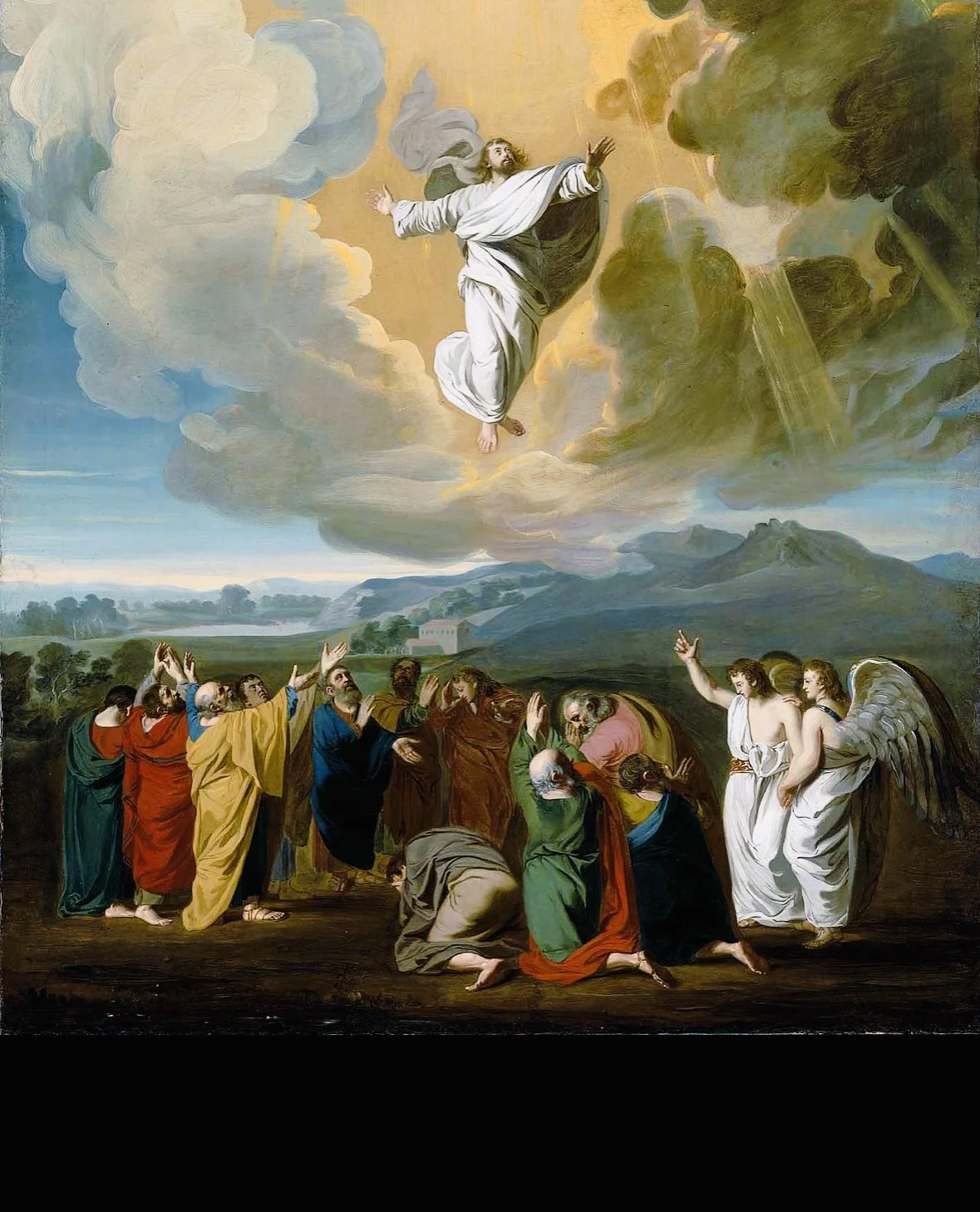We can’t speak freely because the luciferians will not permit it.
Background
Ascension stories were fairly common around the time of Jesus and the evangelists,[24]signifying the deification of a noteworthy person (usually a Roman Emperor), and in Judaism as an indication of divine approval.[25]Another function of heavenly ascent was as a mode of divine revelation reflected in Greco-Roman, early Jewish, and early Christian literary sources, in which particular individuals with prophetic or revelatory gifts are said to have experienced a heavenly journey during which they learned cosmic and divine secrets.[25]
Figures familiar to Jews would have included Enoch (from the Book of Genesis and a popular non-Biblical work called 1 Enoch); the 5th-century sage Ezra; Baruch the companion of the prophet Jeremiah (from a work called 2 Baruch, in which Baruch is promised he will ascend to heaven after forty days); Levi the ancestor of priests; the Teacher of Righteousness from the Qumran community; the prophet Elijah (from 2 Kings); Moses, who was deified on entering heaven; and the children of Job, who according to the Testament of Job ascended heaven following their resurrection from the dead.[26][27]
Non-Jewish readers would have been familiar with the case of the emperor Augustus, whose ascent was witnessed by Senators; Romulus the founder of Rome, who, like Jesus, was taken to heaven in a cloud; the Greek hero Heracles (Hercules); and others.[13]
Theology
In Christian theology, the death, resurrection, and exaltation of Jesus are the most important events, and a foundation of the Christian faith.[28][29] The early followers of Jesus believed that God had vindicated Jesus after his death, as reflected in the stories about his resurrection, ascension, and exaltation.[3] The early followers of Jesus soon believed that Jesus was raised as first of the dead,[30] taken into Heaven, and exalted,[1][2] taking the seat at the right hand of God in Heaven, as stated in the Apostles' Creed: "He ascended into heaven, and is seated at the right hand of God the Father almighty."[3] Psalm 110 (Psalms 110:1) played an essential role in this interpretation of Jesus' death and the resurrection appearances: "The Lord said to my Lord, "Sit at my right hand until I make your enemies your footstool." It provided an interpretative frame for Jesus' followers to make sense of his death and the resurrection appearances.[31][3]

